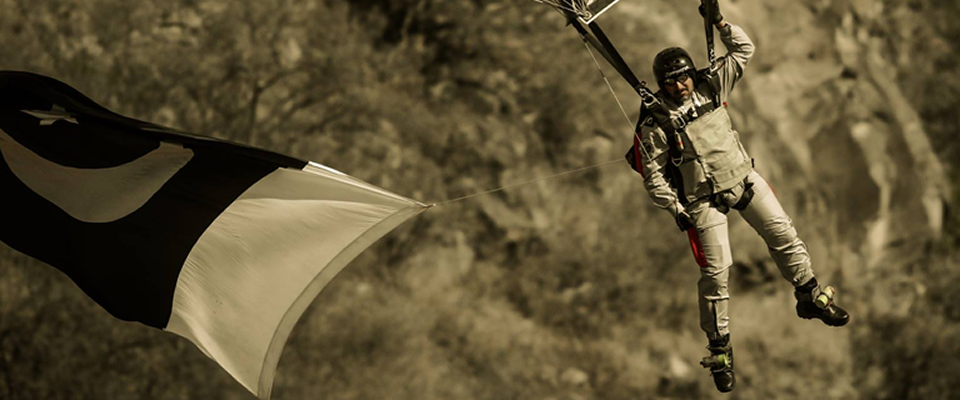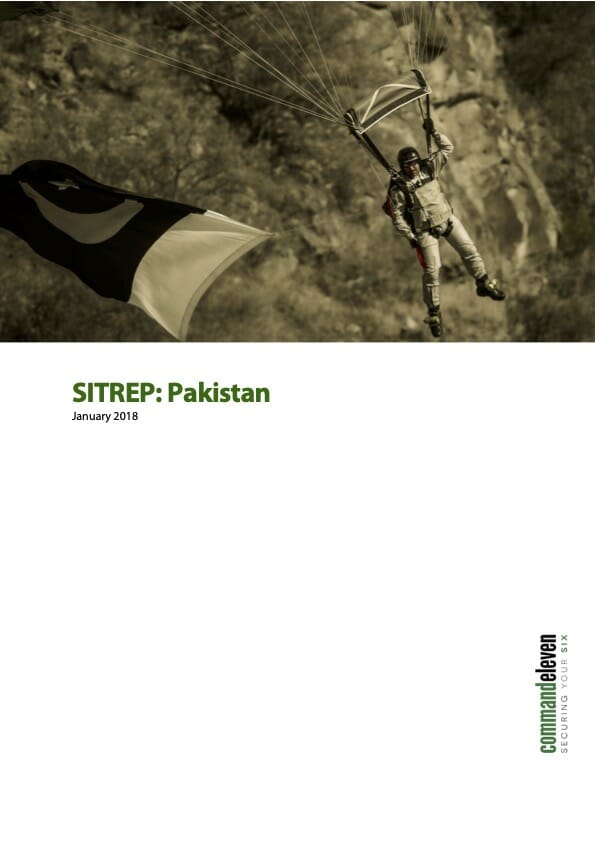Executive Summary
Over the past few months, Pakistan has been placed under the microscope again. While the reasons are significantly more than past episodes, the standard mantra/doctrine continues its refrain – do more.
With this SITREP, we will be looking at the change in dynamics around Pakistan democratically, militarily and diplomatically. While many analysts will begin their summary from President Donald Trump’s ill-informed tweet of 4th January, we believe that the firecracker was triggered around the time of Nawaz Sharif’s disqualification as Prime Minister.
It is well-known that Nawaz Sharif was Saudi Arabia’s man in Pakistan, as Prince al-Waleed bin Talal admitted in an interview with the Wall Street Journal. There are also many unsubstantiated rumors that Nawaz Sharif is also close to the Indian government.
BACKGROUND
Understanding the complexity of Pakistan’s environment is very difficult for those who are not part and parcel of the nation. Many foreign-based analysts will attempt to describe the situation in Pakistan, but they have neither the context, nor the first-hand experience, to assimilate with what the average Pakistani deals with daily.
This is essentially why so many foreign analysts get Pakistan wrong. You cannot understand Pakistan without feeling what Pakistanis feel.
But this raises another issue – vested interests of individual Pakistanis that may be averse to the interests of the State of Pakistan.
There is a regularly circulated, not fully unsubstantiated rumor that circles in Washington, DC and Riyadh that Nawaz Sharif, unable to implement the agendas given by both capitals, made former Chief of Army Staff (COAS), General Raheel Sharif, the scapegoat and demanded assistance to remove him, and his influence from Pakistan.
General Raheel Sharif is credited with:
- adverting any serious incident between the government and the combined protest of Imran Khan’s Pakistan Tehrik-e-Insaaf (PTI) and Tahir-ul-Qadri’s Pakistan Awami Tehrik (PAT) during their 120-day sit-down strike in Islamabad
- the swift and measured response after the vile attack on Army Public School (APS) Peshawar, and the implementation of Operation Zarb-e-Azb, which cleared the Federally Administrated Tribal Areas (FATA) of insurgents and terrorists. Those same insurgents and terrorists returned to Afghanistan, where they had been receiving safe haven and support from the Afghan government, military and intelligence service since 2007, according to a comprehensive analysis by the Afghanistan Analysts Network (AAN)
- the Karachi Operations, under the direction of now retired Lt. General Rizwan Akhtar, which eliminated militants and insurgents from Karachi’s metropolis
- assembling a top-notch team of Corps Commanders that took the Pakistan Army’s fight against terrorism and insurgency to a level of success that hadn’t been previously achieved
- serving as a defacto Foreign Minister for the government, since Prime Minister Nawaz Sharif chose to keep the portfolio himself, rather than allot it to a qualified individual
While General Raheel Sharif was entering his final year as COAS, rumors of an extension were circulated. General Sharif quietly ended those rumors by simply stating that he would retire at the end of his term and there would be no talk of extensions with him.
Simultaneously, Prime Minister Nawaz Sharif used all the influence that he could to minimize the General’s influence in the country, ending with Saudi Arabia offering the Commander-in-Chief position of the newly formed 39 country Islamic military alliance to counter terrorism. As soon as he retired, his entire team was moved to positions that had little to no influence in the on-going military command under General Qamar Bajwa.
Yet, even while the Joint Investigation Team (JIT) was investigating Nawaz Sharif’s family connection to massive corruption uncovered in the Panama Papers, foreign newspapers were circulating “judicial coup” stories, implying that General Raheel Sharif was working with the Supreme Court of Pakistan to have Nawaz Sharif and his entire family disqualified from public office.
Again, an unsubstantiated rumor that gained traction due to the fragile relationship between democracy, the people of Pakistan and the Pakistan military.
Once Nawaz Sharif was disqualified by the Supreme Court of Pakistan, he took to the roads to protest his removal, claiming a conspiracy from both the armed forces, who he has regularly challenged, and the judiciary, who according to him – didn’t have the power to remove him from office.
Since then, Pakistan has been struggling with internal matters related to political stability, threats from India, insurgent attacks from Afghanistan and continuous repeats of the refrain “Do More” from the US administration, along with threats to suspend all aid to Pakistan.
Let’s talk about each individually.



